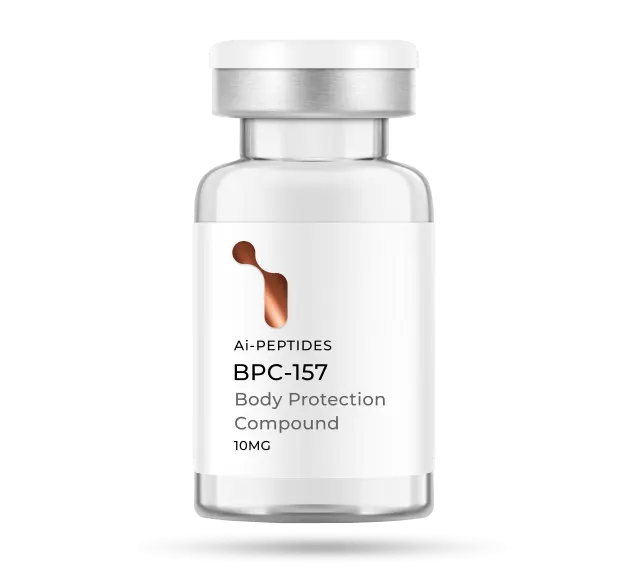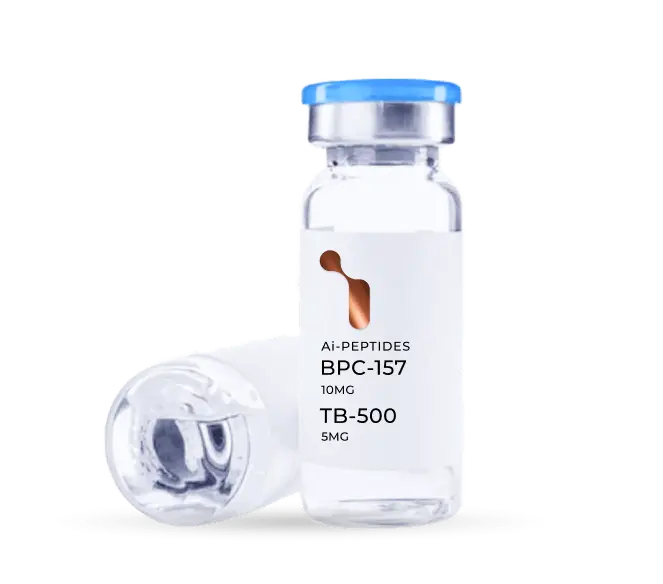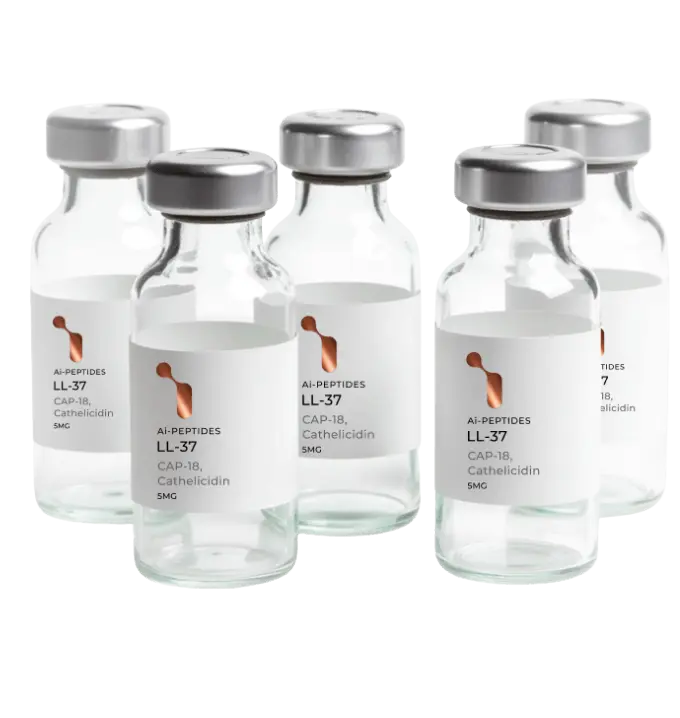Epithalon and Skin Rejuvenation
Skin rejuvenation is often associated with wrinkles and lines, but the truth runs deeper than wrinkles. Skin becomes more fragile and thus more prone to damage as it ages. Damage to the skin compromises its protective barrier function and can increase risk of infection. Research into ways to strengthen skin can not only make skin look younger, but can protect people from serious medical conditions. Thus far, most skin rejuvenation research has focused on collagen and other large skin proteins. New research, however, suggests that short peptide molecules, like epithalon, may hold more promise in preserving and even rejuvenating skin.
Epithalon Overview
Epithalon (a.k.a. epitalon), is a short (just four amino acids long) peptide that has been demonstrated to have anti-aging and anti-cancer properties in rodent studies. Because epithalon is so short, it can penetrate the cell membrane, without the aid of transporters, and make its way to the nucleus of cells. This is important because, once in the nucleus, epithalon can affect the regulation of genes, activating some and deactivating others to cause cell-wide changes1.
Previous research has indicated that epithalon can stimulate immune system function that has been lost due to natural aging. Investigation of the mechanism of this action uncovered the ability of the Ala-Glu-Asp-Gly peptide chain (Epithalon) to interact with the promoter region of the interferon gamma gene. By promoting the production of interferon gamma, a key immune regulator, epithalon is able to boost functioning in T-cells and thus overall immunity and well being1,2.
The idea that short peptides might be able to affect DNA-level processes has caused a boom in the investigation and research of epithalon and other short peptides in animal models. Those investigations hav





